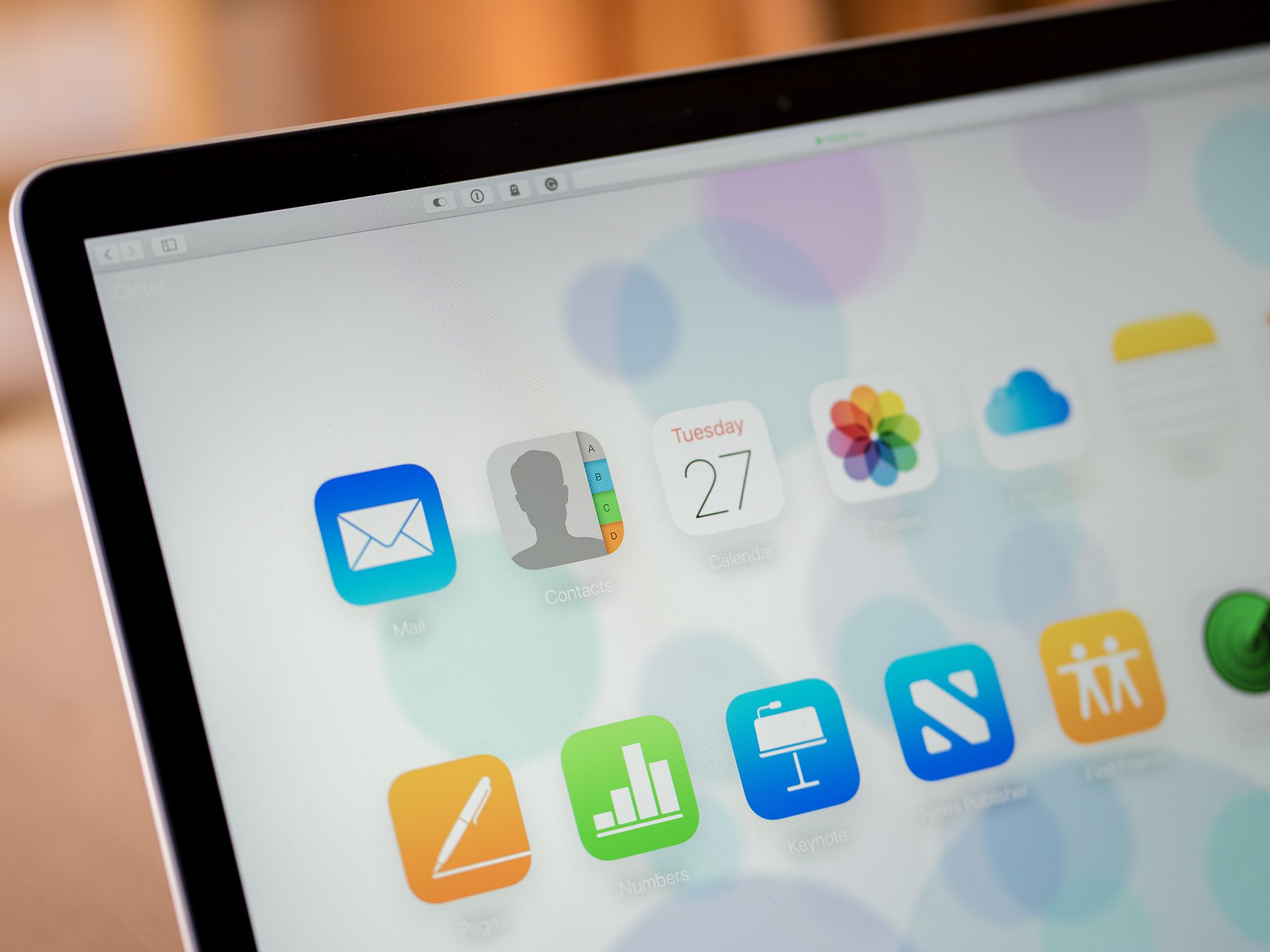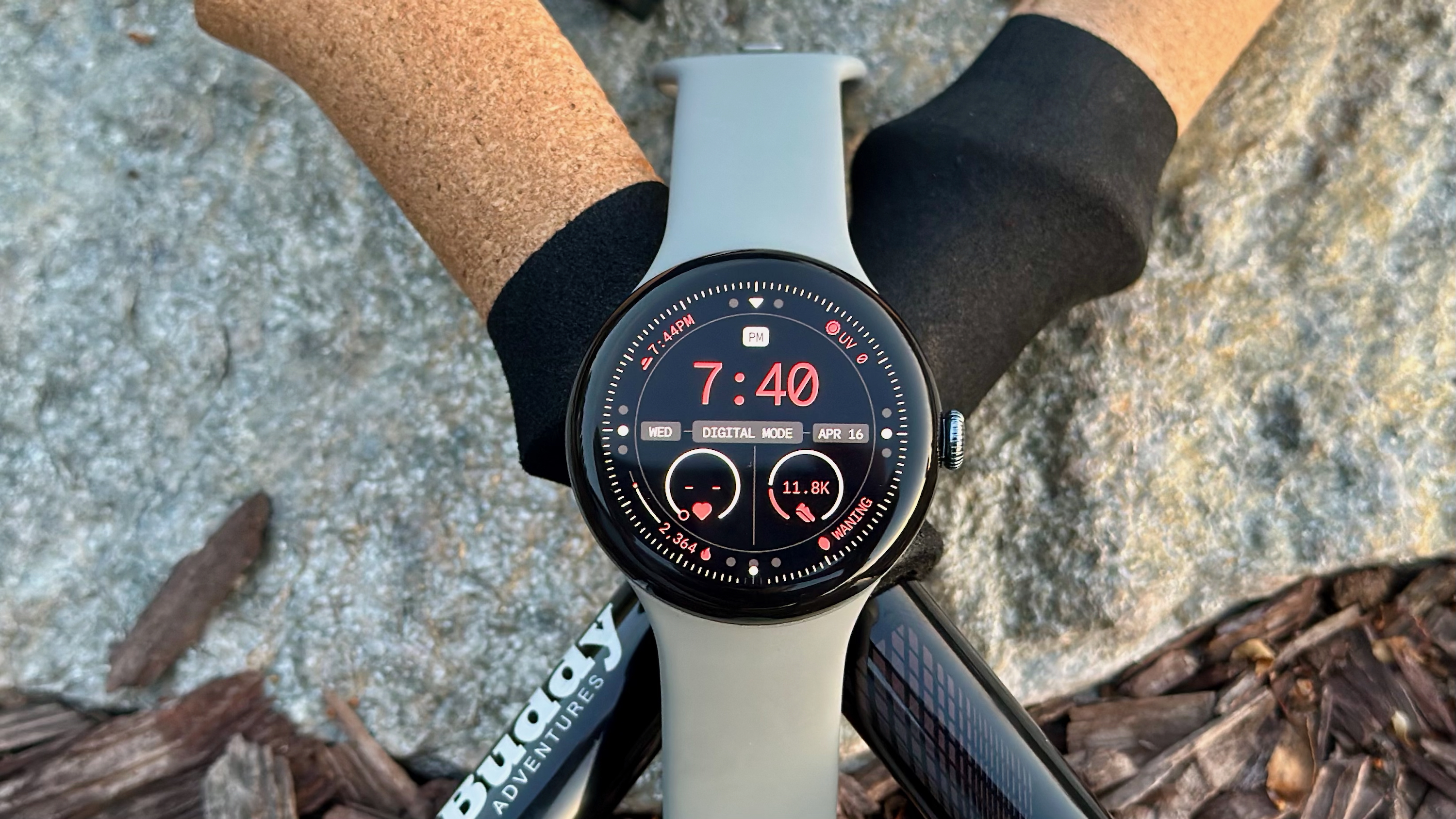Finally, you can now access iCloud.com on iOS and Android browsers

What you need to know
- Apple has been working to update native support for iCloud.com on mobile browsers.
- It means you can now access the site on both iOS and Android.
- It's not the full experience, just Photos, Notes, Reminders and Find my iPhone.
Apple has been working to update native support for iCloud.com so that users can now access the site on mobile browsers for both iOS and Android.
As reported by News Landed, users on both iOS and Android can now log in to iCloud.com on their mobile browsers, where they will be greeted by native support, rather than being forced to switch to the desktop site.
The four features available are Photos, Notes, Reminders and Find my iPhone. According to the report, there are some teething problems, such as syncing on notes between iOS/macOS and iCloud.com on a mobile browser. Over on Chrome, some of the features on Notes aren't working just yet. Photos (except the upload feature) and Reminders both seem to be working, as is Find my iPhone.
Regarding the upload feature specifically, this does not seem to be working on Chrome for Android:
The most impressive feature, however, is not working. The Photos app shows the option to upload photos, but whenever I try uploading it from Chrome for Android, I get an error message and the photo doesn't appear in the library. Uploading photos directly to iCloud Photo Library on Chrome for Android would've been the best part of using iCloud.com for Android, but sadly it isn't working.
Users can view their entire iCloud library however, delete photos, like photos, add to albums and download, as well as sharing links. You can also now view live photos on Android. Given this is all new and likely a work-in-progress, expect fixes to the aforementioned troubles coming soon.
You can also access iCloud account settings within the browser now, with external links for Apple ID, language and formats.
Whilst there are some reported teething problems with Chrome for Android, the report states that Samsung Internet and Firefox both work well. Obvious omissions include Contacts and Calendar, but for now, it's a start!
Be an expert in 5 minutes
Get the latest news from Android Central, your trusted companion in the world of Android
Given that iCloud has been out for nearly 10 years, this is probably something Apple should have looked into sooner... but better late than never!

